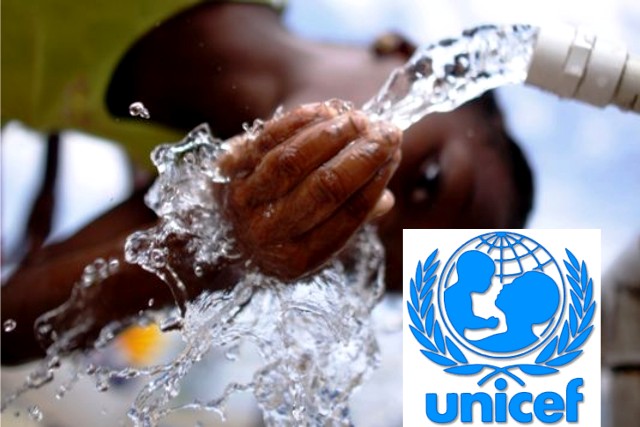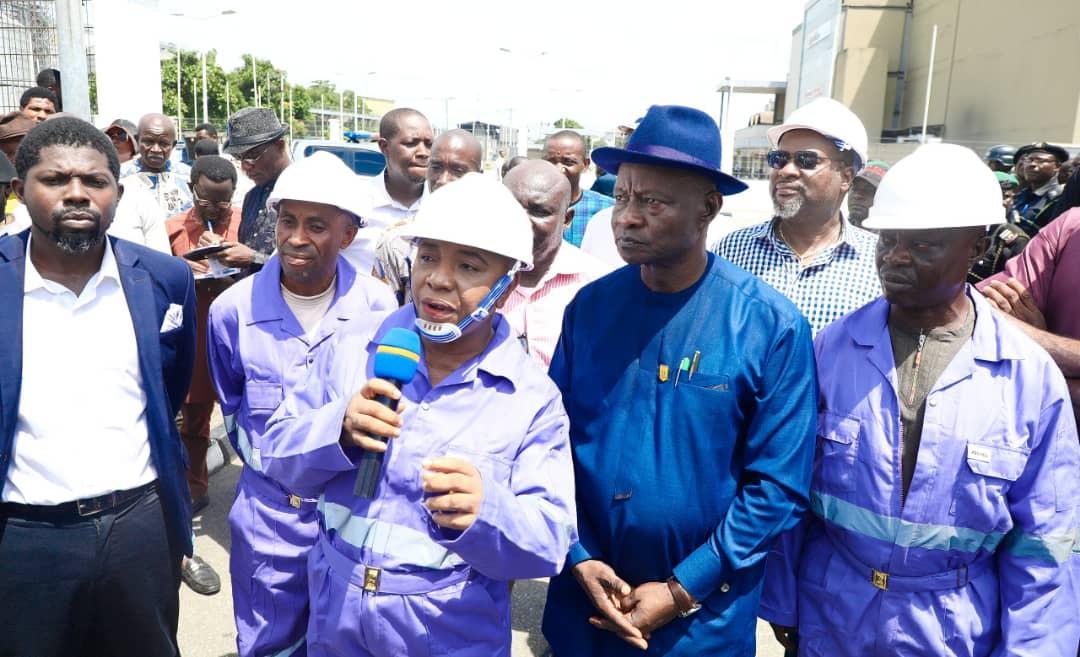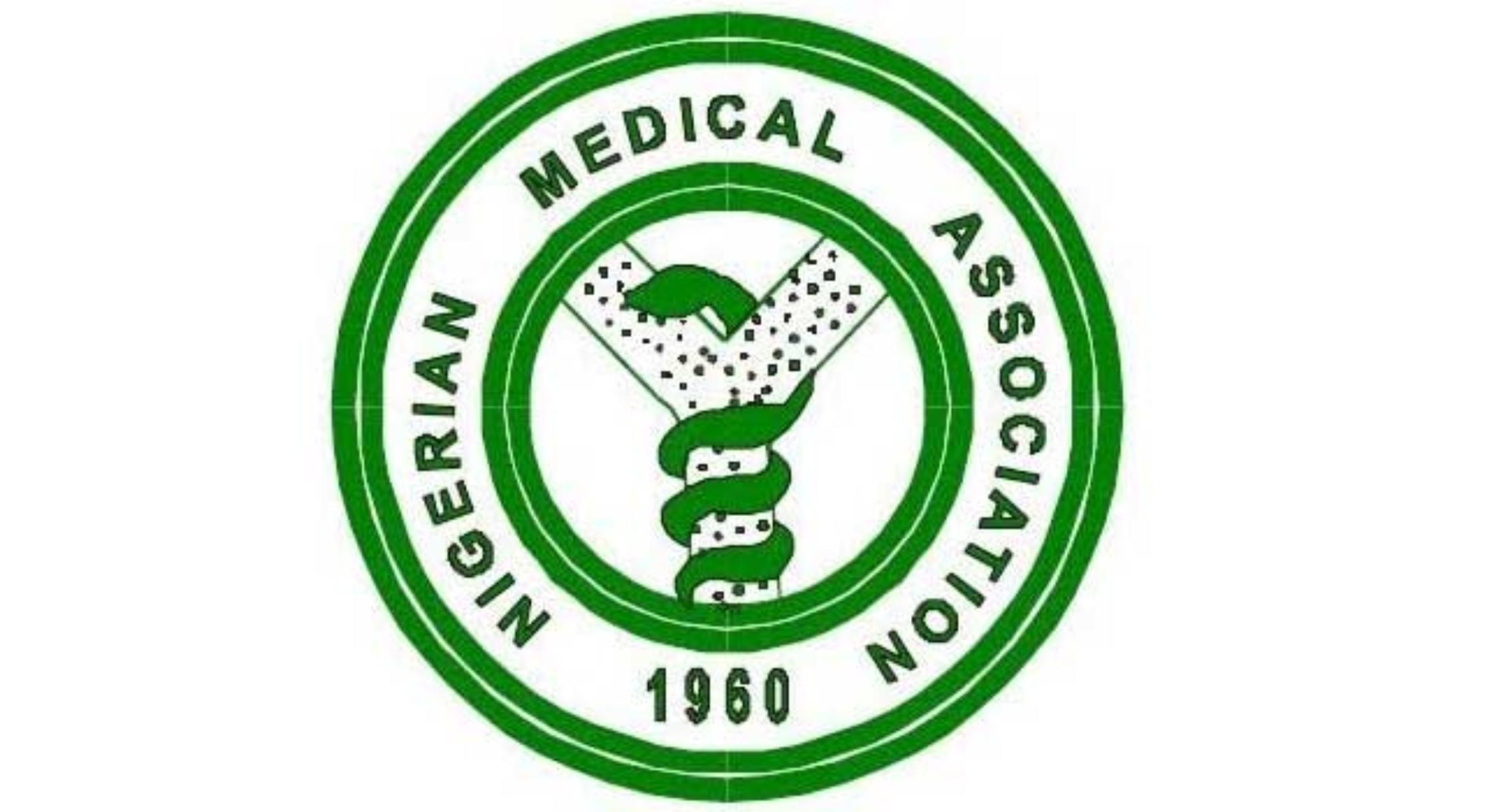Niger Delta
AU: UNICEF To Supply 220m Doses Of Covid-19 Vaccine

The United Nations Children’s Fund (UNICEF) said, as the African continent faces steepest surge in Covid-19 and shortage of vaccine, it has signed an agreement with Janssen Pharmaceutical NV to supply 220 million doses of the J&J single-dose vaccine for all 55 member states of the African Union (AU) by the end of 2022.
According to a press statement made available through its media representative in Africa, about 35 million doses are to be delivered by the end of this year, as the agreement secured an option to order another 180 million doses, bringing the maximum access up to a total of 400 million doses by the end of next year.
The statement noted that the agreement between UNICEF and Janssen Pharmaceutical NV would help implement the Advance Purchase Commitment (APC) signed between the African Vaccine Acquisition Trust (AVAT) and Janssen in March of this year.
It further noted that UNICEF will procure and deliver Covid-19 vaccines on behalf of AVAT, an African Union initiative.
Other partners include the Africa Centres for Disease Control and Prevention (Africa CDC) and the World Bank. While multiple vaccines are anticipated to be part of the initiative’s portfolio, Janssen’s single-dose vaccine is the first to be included.
“African countries must have affordable and equitable access to Covid-19 vaccines as soon as possible. Vaccine access has been unequal and unfair, with less than 1 per cent of the population of the African continent currently vaccinated against Covid-19. This cannot continue,” UNICEF Executive Director, Henrietta Fore, stressed.
“UNICEF, with its long history of delivering vaccines all around the world, is supporting global Covid-19 vaccinations efforts through AVAT, COVAX, and other channels to maximise supply and access to vaccines.
Drawing upon decades of experience as the largest single vaccine buyer in the world, as it does annually for routine immunisation, UNICEF said, it is acting as a procurement and logistics agency on behalf of the AVAT partnership.
UNICEF however, stated that it stood ready to facilitate the procurement, transport and delivery of vaccines as soon as they became available and AU Member States were ready to receive them.
With its extensive capacity and decades of expertise in managing freight, insurance and transport of vaccines, which require strict adherence to cold chain requirements, UNICEF will work with the vaccine industry, freight forwarders and transport companies to get the doses to the communities that need them.
Janssen’s Covid-19 vaccine received a WHO Emergency Use Listing (EUL) on 12 March and is relying on a global supply network to produce the vaccine. The latest site for production, Aspen Pharmacare in Gqeberha, South Africa, was approved by the WHO on 29 June. Deliveries of the vaccine are expected to begin later in the 3rd quarter of 2021, with allocations to be determined by the Africa CDC.
In addition to its role in this partnership, UNICEF is also a key implementing partner for the COVAX Facility led by Gavi, the Vaccine Alliance, WHO and CEPI. Under this initiative, UNICEF has contributed to the delivery of more than 100 million doses to 135 countries. UNICEF’s role procuring and delivering Covid-19 vaccines on behalf of AVAT will complement and supplement the shared COVAX goal of ensuring equitable access to quality-assured Covid-19 vaccines.
“Vaccinating the world against Covid-19, as the virus continues to spread and mutate, is one of the largest and most complex collective health undertakings the world has ever seen, and we need all hands on deck,” said Fore.
“In the race to defeat this virus, equity is not a ‘nice to have’- it’s an absolute necessity. This pandemic has cost everyone something, and some people everything. Only together can we bring the suffering to an end,” the statement stressed.
Niger Delta
Mile One Market: Committee Commences Verification Exercise …Denies Allocations Of Shops

The Rivers State Government Reconciliation Committee on Lockup Shops at Mile 1, Rumuwoji Market in Port Harcourt City Local Government Area has denied allocating stalls to any one.
Chairman of the commitee, Mrs Ibiwari Clapton-Ogolo, said this in an interview with The Tide during the commencement of the first phase verification of the market allottees in Port Harcourt.
Mrs Clapton-Ogolo also insisted that original owners of shops will be given automatic allocations as long as they can prove themselves.
“No allocations for now. We are here to verify the allottees. Original owners of shops will have automatic allocations as long as they can prove themselves”, she said.
Mrs Clapton-Ogolo, who is the Permanent Secretary/Solicitor General of Rivers State, said the traders are happy that they are getting back to business.
She insisted that all prospective allottees must come with all required documents, including their National Identification number (NIN) before verification.
She also commended Governor Siminalayi Fubara for his efforts in getting the traders back to business.
Other members of the committee who also participated in the verification exercise are the Permanent Secretary, Rivers State Ministry of Housing, Mr Boma Wakama, who is the Secretary of the committee; Mr Lawson Ikuru, Permanent Secretary, Rivers State Ministry of Commerce and Industry, amongst others.
Some of the allottees, who spoke to The Tide shortly after the verification exercise, described the process as fair and transperant.
They told their colleagues not to embark on further protest, but follow the template put in place by the Committee to get verified.
Over six hundred allottees participated in the verification exercise.
John Bibor
Niger Delta
RSG Seals Two Hospitals In Bonny …Set To Inaugurate Anti-Quackery Committee

The Rivers State Government, in collaboration with the Nigerian Medical Association (NMA), Rivers State, has sealed off two hospitals in Bonny Island.
The two hospitals sealed are Saint Child Surgery, Bonny, and former Ndukwe Clinic, currently operating at Macauley Plaza, Bonny.
At a joint media briefing, Wednesday, in her office, the State Commissioner for Health, Dr Adaeze Chidinma Oreh, said the two health facilities were sealed off for negligence and unprofessional conduct as well as non-registration of facilities.
The sealing of the two hospitals brings to three the number of hospitals so far sealed off by the government in the State.
Recall that last week, one Divine Love Hospital in Port Harcourt was also sealed off for unprofessional conduct.
The Commissioner said some of those engaged in unethical practices have also been arrested and being tried.
She explained that the situation goes against the philosophy and the determination of the Governor Siminalayi Fubara-led administration to ensure quality health care delivery in the State.
According to her, the present administration of Governor Fubara is determined to fight all incidences of quackry in the State, adding that when inaugurated, the committee will also go after those who use fake certificates to practise as medical doctors.
“It is important that we are not looking at it sorely from the perspective of the qualifications, the requisite qualifications of health care providers, the services that they provide, and the facilities, but those services delivered is also of paramount importance”, she said.
She continued that the State Ministry of Health is collaborating with the Nigerian NMA to ensure that the health sector is sanitized of quackery.
The Commissioner urged the public to give useful information to the Ministry on the existence of quack doctors and locations of substandard hospitals in the State.
Also speaking, the Chairman of the NMA, Rivers State, Dr Ebi Robinson, said the organisation has zero tolerance for quackery as far as the profession was concerned.
He said the fight against quackery was not motivated, but was borne out of necessity to sanitise the health care delivery system in the State.
According to him, the fight is not against only those who fake certificates, but also against unethical and unprofessional practices.
“In recent times, some hospitals have been sealed with the help of the Ministry of Health and some individuals who faked certificate to practise as medical centres have also been prosecuted by the NMA.
“On the 23rd of April, two hospitals in Bonny Island were also sealed by the Ministry of Health for non-registration of their facilities and for some unethical practices.
“The NMA was part of the team to ensure no one was victimised”, he stated.
Robinson thanked Governor Fubara and the State Commissioner for Health, Dr. Oreh, for their support towards the fight against quackery and efforts to sanitise the health care delivery sector in the State.
He said the association is not leaving any stone unturned until the sector is sanitised for better medical practices.
Also speaking, the Director of Medical Services, Rivers State Ministry of Health, Dr. Vincent Wachukwu, said the government is putting all necessary things in place to ensure that Rivers people get access to quality health care services.
He, however, expressed regrets that some persons are making a mockery of government effort in this direction by not registering their facilities.
Wachukwu said government cannot allow these individuals to continue, and called on those wishing to offer medical outreaches to communities to get approval from the Ministry.
John Bibor
Niger Delta
C’River Declares NBS Child Labour Ranking Unrealistic
Cross River on Saturday dismissed as untrue a survey report by the National Bureau of Statistics (NBS) that it had the highest incidence of child labour in the country.
The NBS had stated in the report that of the 24.6 million children in child labour in Nigeria, Cross River recorded the highest incidence of 67.4 per cent, followed by Yobe with 62.6 per cent.
In the survey entitled: “Nigeria Child Labour Survey 2022’’, the NBS rated Lagos State has having the lowest incidence of 8.9 per cent.
The NBS described child labour as any work that robbed children less than 18 years of age of their childhood, potential, and dignity or had deleterious impact on their physical and mental development.
It stated that its survey showed that children between the ages of five years and 17 years were engaged in economic activities that amounted to child labour in Nigeria.
Dismissing the report, Cross River’s Commissioner for Information, Mr Erasmus Ekpang told The Tide’s source in Calabar that the figures released did not represent the true position in Cross River.
He said the figure for Cross River was not tenable since government had put measures in place since assumption of office in May 2023 to discourage child labour and to uplift vulnerable segments of the population.
He explained that the measures put in place centred on health, education, agriculture and other empowerment initiatives.
Ekpang stressed that government had also put in place programmes that empowered women economically and discouraged them from sending their children and wards out as child labourers.
“Women are empowered to take care of themselves and their families. Youths are also not left out of these policies and programmes.
“The initiatives are mostly in the areas of agriculture and small-scale enterprises.
“We also initiated programmes like school feeding to retain every child in school”, he stated.
Ekpang advised the NBS to revisit its 2022 figures and make amends.
The NBS report also stated that more than 14 million of affected children were engaged in hazardous work.
The survey also showed that child labour was considerably higher in the rural areas, with 17.5 million or 44.8 per cent of children involved.
In the urban areas, however, only 7.1 million children, or 30 per cent were involved in child labour.
Hazardous work is also more frequent in the rural areas according to the NBS.
“More than 10.5 million children or 26.8 per cent of those of them in the rural areas are in hazardous work.
“In urban areas, only about four million children or 16.3 per cent are in hazardous work”, it stated.
The report also indicated that the Northwest geopolitical zone had the highest of 6,407,102 children engaged in labour, followed by the Northeast with 4,466,808; North Central (3,884,576); South-South (3,682,773); Southwest (3,227,559) and Southeast (3,004,669).
-

 Sports5 days ago
Sports5 days agoCRSG Doubles Subvention For Rovers FC
-

 Sports22 hours ago
Sports22 hours agoVan Dijk Questions Liverpool After Title Setback
-
Politics20 hours ago
We’ll Not Succumb To Political Banditry-Stakeholders
-
Sports19 hours ago
NPFL Title Is Not Our Primary Target – Ilechukwu
-

 Maritime5 days ago
Maritime5 days agoWestern Marine Command Customs Gets New Boss
-

 News5 days ago
News5 days agoNDLEA Arrests Three Wanted Kingpins, Seizes 51.90kg Heroin
-
News21 hours ago
Armed Gang Kills Three Police Informants In Ahoada West
-
Metro20 hours ago
We Need Urban Renewal, Azuabie/Okujagu Begs RSG

